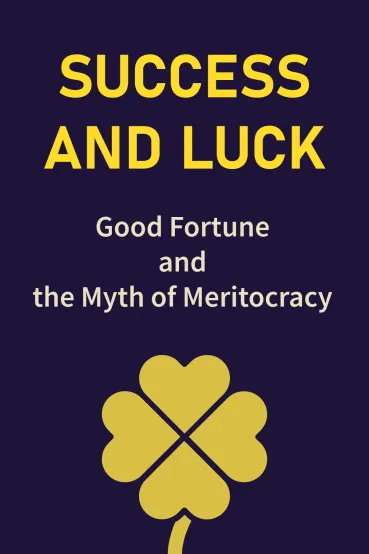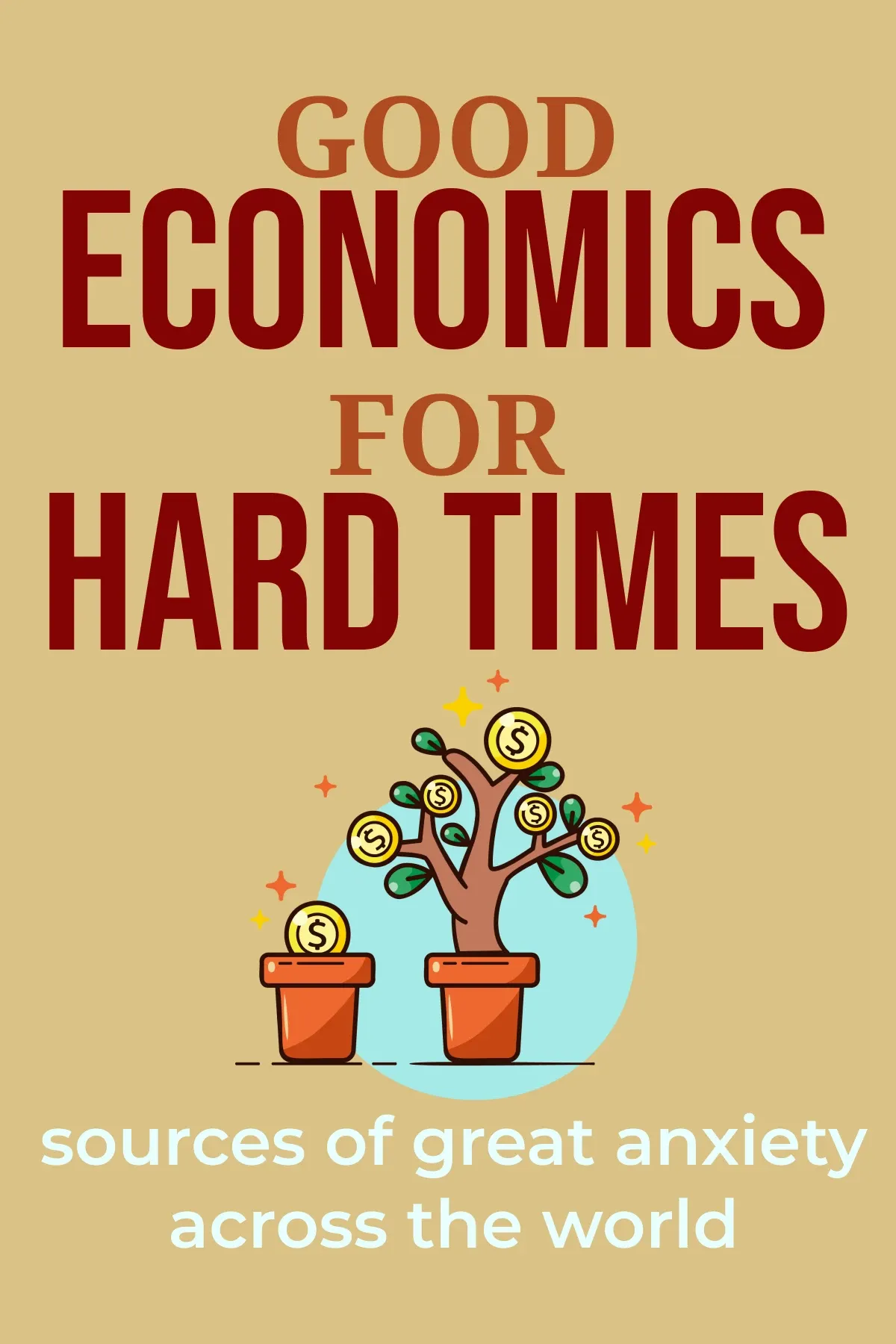
Success and Luck
Brief Summary
In “Success and Luck: Good Fortune and the Myth of Meritocracy,” economist Robert H. Frank challenges the widely held belief that success is solely the result of hard work and talent. He argues that luck is a crucial factor in achieving success, too. Through compelling research and real-world stories, Frank illustrates how chance events impact life outcomes, encouraging a more in-depth understanding of success and acknowledging the role of luck.
Topics
Key points
Key idea 1 of 6
In our society, there is a prevailing winner-takes-all mentality. It's common for some people to earn significantly more than others, even with equal performance. The wealthiest 1 percent hold great power and assets, not solely due to their own efforts.
This is evident in the music industry, where independent musicians face challenges. The rise of big streaming platforms has made it quick and convenient for listeners to access a wide range of music, making it difficult for independent artists to thrive. Streaming services also make top-rated artists even more popular. People gravitate toward what's already in demand, using algorithms to find new music.
Classical music reflects this mindset, too. Here, the orchestra is paid less than soloists, and this difference is only growing. The audience prefers to see the most skilled musicians perform. Advancements in technology have narrowed the demand to only a few highly acclaimed artists. Although it may seem like successful artists and big companies are reaping major rewards, luck certainly plays a role in their success.
We all face hardships from time to time. At least once, you must have taken a test and reflected on your choices later, thinking you could have answered better or studied harder. Our tendency to see things as more predictable is called hindsight bias. When we claim to know what happened, we try to come up with arguments to justify our assumptions.
Paul Lazarsfeld, a sociologist, shared his study in the 1940s, which serves as an example of hindsight bias. Lazarsfeld suggested that during World War II, soldiers from remote regions adapted to the army's lifestyle more easily. Many believed it, thinking countryside living made soldiers sturdier. Yet, another story showed different results: soldiers from cities adapted more quickly.
According to sociologist Duncan Watts, we can also understand how different people become known through hindsight bias. Look at the Mona Lisa, for example. In 1911, the painting was stolen from the Louvre by an Italian worker. Vincenzo Peruggia, who stole the painting, tried to sell it in Italy and was hailed as a hero by Italians. This crime made headlines worldwide and brought the Mona Lisa its fame. Although the painting is a work of art, it became popular after many unexpected incidents.
Concepts like hindsight bias and the winner-take-all society explain how random events and luck can impact our society. This helps us see the whole picture of how we perceive historical events and how people achieve status and wealth.
FAQ
You may also like these summaries











